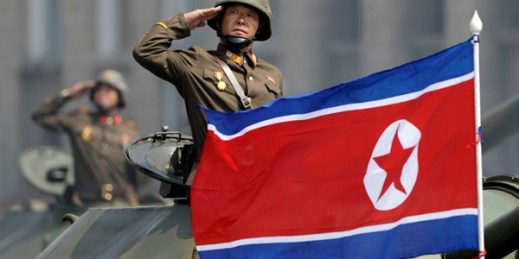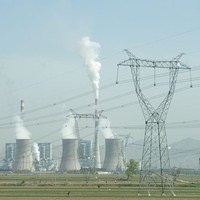
Mexico relies more than most other countries on free trade agreements to fuel economic development. In the 1990s, the North American Free Trade Agreement helped solidify Mexico’s return to democracy, and, given that international trade accounts for more than 60 percent of Mexico’s economy, no Mexican president can do without a clear strategy for fostering better access to foreign markets. But while President Enrique Pena Nieto claims that the economy is the highest priority on his agenda, his administration has yet to spell out how Mexico will trade with the world. Pena Nieto has inherited a plan to expand Mexico’s […]










